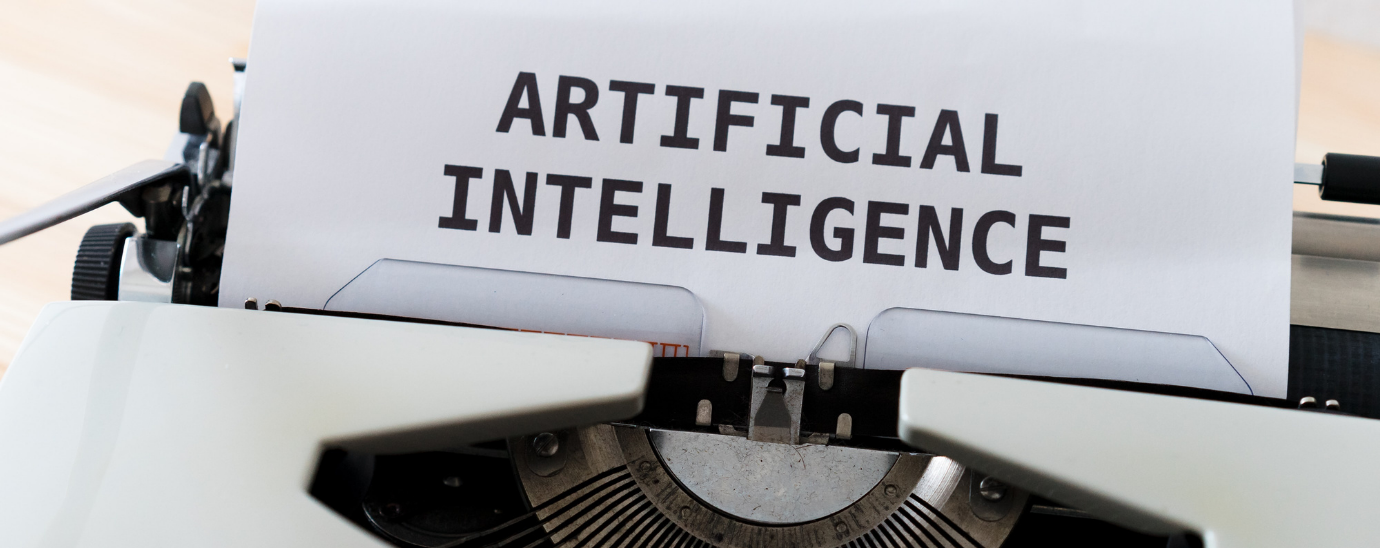The top social challenges that AI can solve

TBTech takes a look at four social challenges that AI can help solve
AI has changed the world of businesses over the years. From financial to medical industries, AI has been integrated into businesses to improve how employees work, how customers experience the businesses, and general everyday tasks. But how can AI be incorporated to improve the world and the social challenges that we face?
Let’s take a look at five of the biggest social challenges and how AI can help solve them.
Predicting epidemics and outbreaks
With the Covid-19 pandemic taking the world by ‘surprise’, we need to find ways in to predict the next epidemics and outbreaks. AI and machine learning (ML) could be at the forefront of fighting any future pandemics by reducing the spread. In order to manage a pandemic, policymakers, clinicians and other stakeholders need to have access to real-time data and recommendations.
In an article by Forbes, Michael Roytman from Kenna Security commented that “the key to responding to epidemics and disease outbreaks is modeling the spread as quickly as possible and giving last-mile healthcare workers predictive analytics out in the field. Technology can make it easier to gather large, rich data sets that can be used to build models, which can then, in turn, have a measurable improvement on the probability of survival or quality of care.”

Disaster awareness and prediction
Natural disasters could happen anytime around the world, making it a major issue to be addressed. AI could be introduced to predict various natural disasters which could, in turn, save thousands of lives. In addition, the data that various AI-powered systems can analyze can help determine the magnitude of a disaster and the general patterns of these natural disasters.
Elena Beliaeva-Baran, Copywriter at HPE has commented that “while technology like satellites and sensors are great tools to collect data from different angles, AI is a perfect tool to analyze this massive volume of information and give predictions on potential events and their locations. Thus, providing authorities with a few minutes (or sometimes even hours) to prepare and reduce the impact of natural disasters.”
Clean Energy
The energy sector is facing increased pressure from the world as policymakers commit to net zero futures with the need toto speed up cleaner and more sustainable options to global issues around the power supply. As the world moves into the Fourth Industrial Revolution, AI has been helping grid operators, developers and consumers by providing a smooth transition to using renewables. When it comes to the smart grid, AI can provide better prediction capabilities to improve demand forecasting and asset management. A great benefit of this is that consumers can save on their energy every month and providers will have a competitive edge.
“The earlier and more accurately you can predict, the more efficient it is for energy traders to rebalance their position. I see AI providing a way of dealing with lots more sites and using more granular and diverse data than historic forecast methods,” says Alex Howard, Head of Strategy at Origami. “Ultimately, that means making a better financial return.”
Mental Illness
1 in 5 Americans will struggle with a mental health condition at some point in their life. Unfortunately, at this stage, we are still relying on people to seek treatment instead of understanding their condition before it gets to a bad point. With Covid-19, there has been an increase in mental health issues, however there are not enough health care providers to deal with the demand. AI and ML has the ability to solve this problem by diagnosing and treating mental health conditions.
AI can help revolutionize mental healthcare through integrating mental healthcare with physical healthcare, reducing bias and human error, flagging early warning signs of serious trouble, making support available 24/7, anywhere you are, and helping to destigmatize mental health issues.
Chris Kirby has mentioned that “by monitoring social behaviors that have led to undesirable outcomes in the past, a pattern may emerge that could be used to identify potential undesirable outcomes in the future. This could be another step in identifying and perhaps treating mental illness.”
READ MORE:
- UK reaches a critical mass of homegrown AI companies
- Using Artificial Intelligence to create a high definition customer experience
- How Artificial Intelligence is set to revolutionise industries
In closing, AI can be introduced into many social challenges worldwide; however, governments and organizations need to have a roadmap that can simplify the adoption. No matter the industry or social challenge, the roadmap for effective adoption and application contains the following steps:
- Hire experienced researchers and tech experts who have worked with AI.
- Collect good quality data for training the AI-powered application.
- Enlist skilled professionals that can help in creating adoption strategies.
- Update current in the government organization.
- Educate government personnel about artificial intelligence.
For more news from Top Business Tech, don’t forget to subscribe to our daily bulletin!